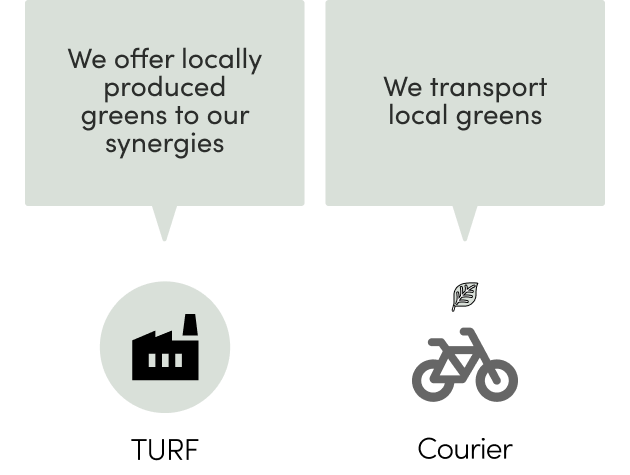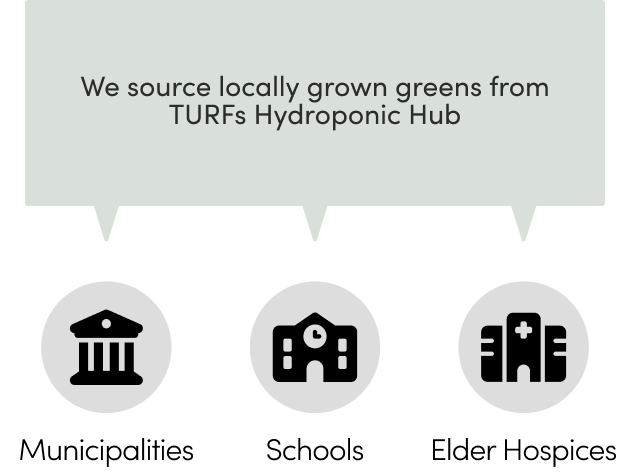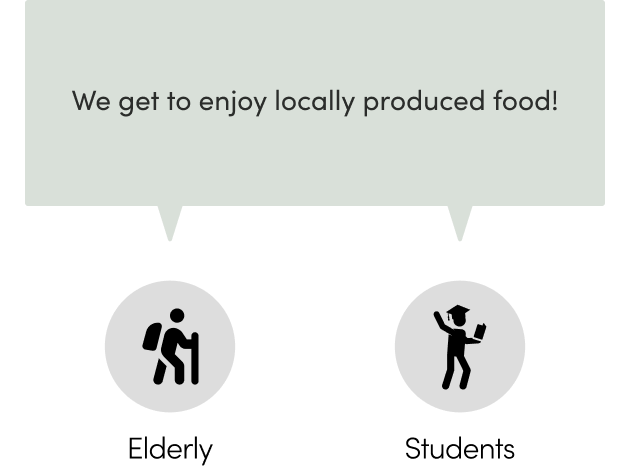Hydroponic Hub
A hydroponic Hub in a local garage transforms the community’s access to fresh, healthy food. By growing plants without soil, using minimal water and space, the Hub makes year-round harvests possible even in dense urban areas. It becomes a local source of education, innovation, and connection — offering workshops, inspiring sustainable practices, and supporting new small businesses.

✅ Grows More with Less Land
Hydroponics produces high yields in small spaces, making farming possible anywhere.
✅ Conserves Precious Water
Using up to 95% less water than soil farming, hydroponics helps secure our freshwater future.
✅ Reduces Carbon Footprint
Local, soil-free farming cuts transport emissions and supports greener cities.
Synergies
By turning underused spaces into thriving green centers, the community grows stronger, healthier, and more self-sufficient.



User Stories
The user stories on this page illustrate the real potential of urban farming — how fresh, locally grown food can connect businesses, schools, restaurants, and communities. While these stories are fictional, they are based on real-world synergies that could emerge when repurposing urban spaces for sustainable food production. Explore the possibilities and imagine how urban farming could transform your city!
Name: Philip Strom
Title: Sustainable Food Procurement Officer (Municipality)
Vision: A city where public meals support local farms, healthy diets, and climate goals
Background
Philip works with public meal services for schools and elder care. The municipality already provides fresh greens year-round, but he saw an opportunity to strengthen local resilience and reduce emissions by sourcing more food grown within city limits.
“We already served healthy meals — but we wanted to take the next step and make them even more locally rooted.”

Partnering with TURF
Through Turf, Philip began collaborating with hydroponic farms operating in repurposed urban spaces. These local systems grow fresh greens just minutes away from kitchens — reducing transport, packaging, and food waste.
“It’s not just about the food. It’s about supporting circular, low-impact systems that benefit the whole city.”


Impact and vision
By shifting part of the supply to nearby hydroponic growers, the city lowered its carbon footprint, increased food transparency, and inspired other departments to explore local-first strategies.
